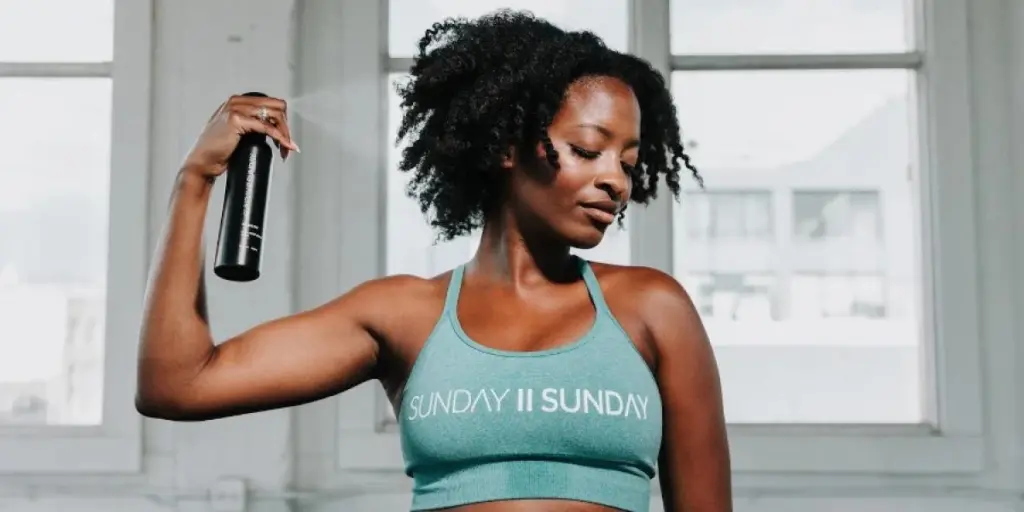The curly haircare industry is transforming with innovative technology, high-end offerings, and ingredient-rich formulations. Brands have recognized the value of representation and are now selling individualized products for various hair types. This article highlights the top five trends upending the curly haircare sector and discusses the growth opportunities in the market.
Table of Contents
The curly hair care market
Top five trends dominating the curly hair care industry
Key focus points
The curly hair care market
Most mainstream brands have ignored consumers from non-white communities, particularly those with curly hair. However, the hair care industry is slowly becoming more inclusive, with brands now offering natural and clean formulations for all hair types.
The US black haircare market was worth USD 1.6 billion in 2021, but only 52% of the consumers said their hair textures were represented in Ads. The pandemic saw many anti-Eurocentric beauty standards and people embracing their natural curl textures while seeking non-toxic products to manage their hair.
Brands like This Hair of Mine and Mielle Organics are catering to this demand by offering premium formulations that prioritize hair health for diverse hair textures.
This article looks at five major trends in the curly hair care industry and how brands adopt different strategies to dominate the market.
Top five trends dominating the curly hair care industry
Black-owned beauty
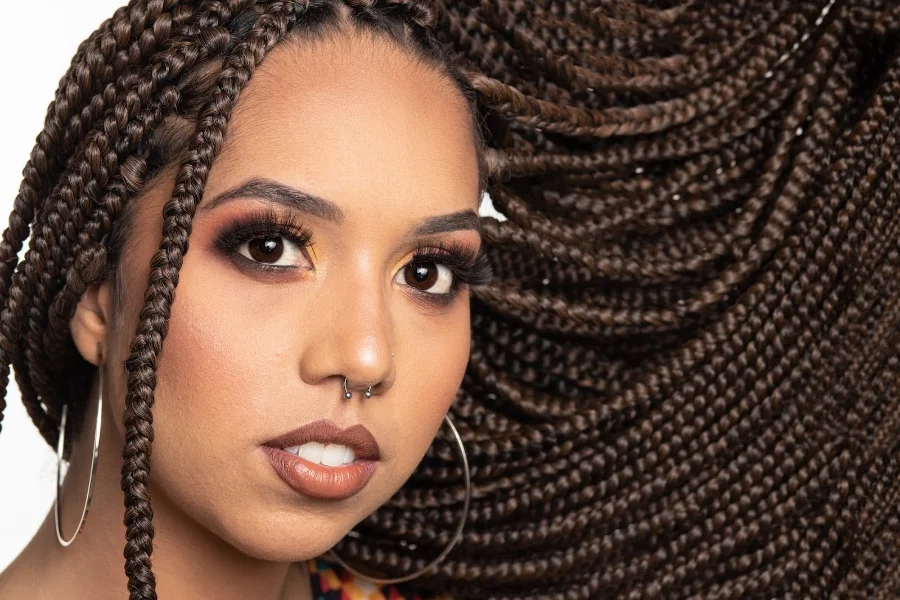
For far too long, the industry has ignored curly hair consumers by focusing solely on products for straight or wavy hair. However, the industry is changing, with brands such as Pattern Beauty making a name for themselves. These companies provide many products to treat, wash, style, heat, and support curly hair care routines.
As many consumers use heat styling products, brands recognize the importance of providing high-quality styling tools like hair dryers designed to reduce heat damage. These dryers are equipped with ION technology to smoothen and tame the cuticles.
One trend that will continue is the demand for scientifically tested formulations made with natural, clean, and safe ingredients. Moreover, brands must incorporate all these components and offer a line that caters exclusively to textured hair. Pattern Beauty, for instance, offers various conditioners and shampoos to support different hair porosities and thus promote curl definition.
Curly hair is dominated by BIPOC-owned brands, with many celebrating and empowering curly-haired women by catering exclusively to curly hair needs. Some even have educational blogs with curly hair styling guides.
Hair care for Latinos
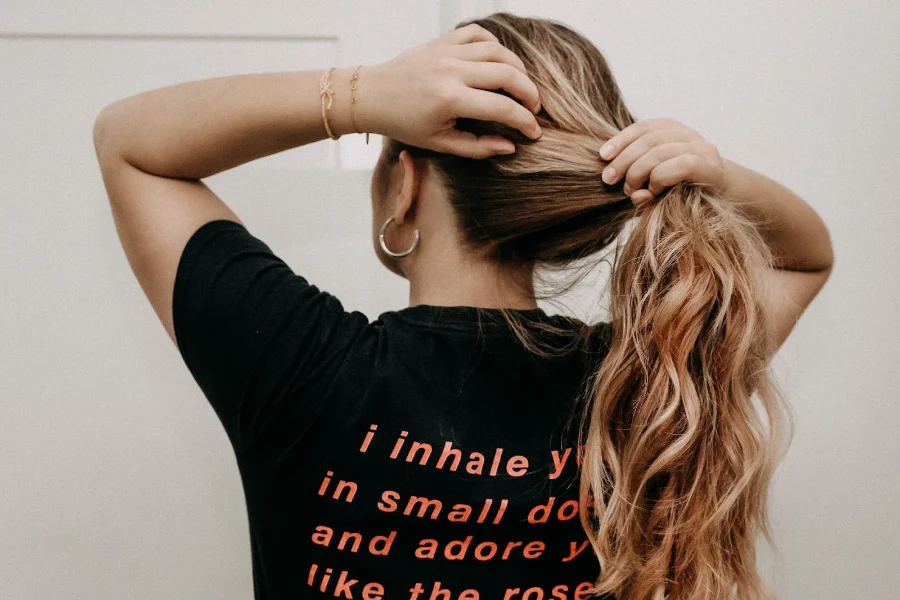
As discussed previously, textured hair was overlooked by most prominent brands, but now many are emerging, catering exclusively to specific communities. Earlier, coiled hair was referred to as ‘pelo malo,’ translating to bad hair, but brands are changing the psyche by encouraging consumers to accept their naturally coiled hair.
Rizos Curls, a prominent brand in the Latino community, sells silicone-free styling and scalp products and provides free online tutorials in Spanish and English to educate users about curly hair management. They have also responded to modern demands by using sustainably sourced and organic ingredients and offering refillable bottles to reduce waste.
As sustainability is a priority among many shoppers, brands are going the extra mile by partnering with NGOs to support climate-friendly initiatives.
Moreover, brands can win over customers by incorporating their feedback into product development. Rizos Curls, for example, launched its award-winning hair spray after engaging with its customers and discovering a need for such a product.
Latino-owned brands are gaining visibility in the market, especially as retailers such as Target dedicate space exclusively to such brands.
Affordable and clean hair care
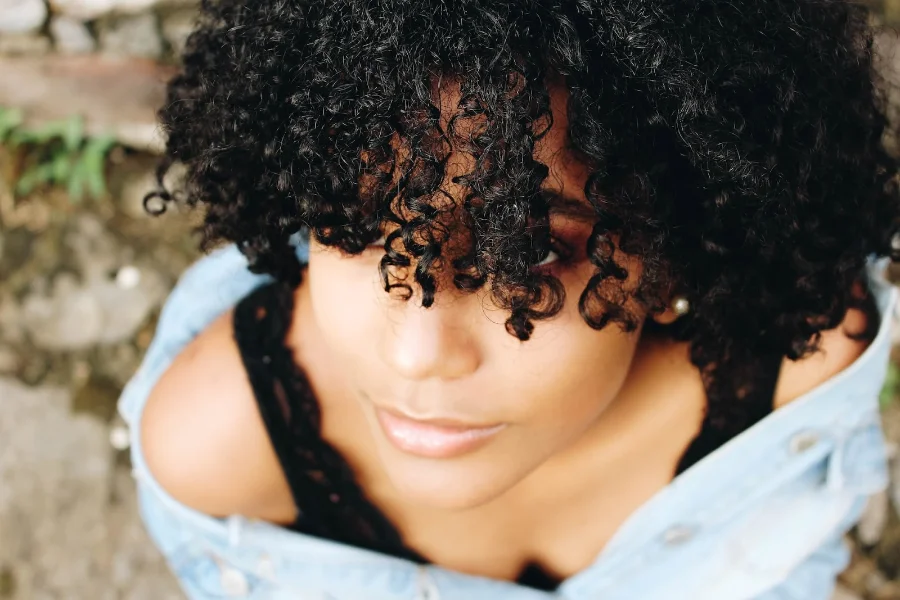
As textured and curly hair care products gain popularity, many seek low-cost, clean products that do not compromise efficacy. Brands like 4U are responding by providing affordable products priced under $11. Such products are manufactured to be used by the entire family, and many brands collaborate with mass retailers such as Walmart to make them more accessible to customers.
Brands now offer family-sized shampoos and conditioners in formulations that are age- and gender-inclusive to provide cost-effective solutions. As sustainability is also non-negotiable, 4U offers products made with a patented biotech molecule derived from ethically grown sugarcane, which also serves as an alternative to silicone.
Brands such as 4U are making a name for themselves by claiming to use superior ingredients and that their formulations are EWG verified and free of toxins, silicones, parabens, and sulfates all while remaining affordable and accessible.
Sustainable solutions
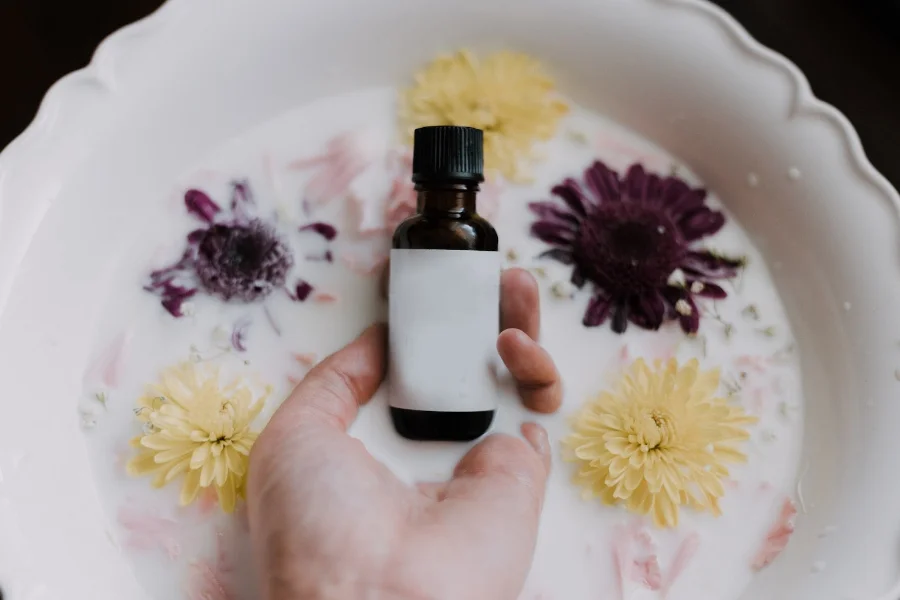
Many consumers seek sustainable solutions as they become more aware of climate change. One US brand, Ecoslay, champions the sustainable cause by providing low-waste solutions for coily and curly hair. They are gaining popularity because their products are free of harsh ingredients such as parabens and sulfates, and they use fewer preservatives in their formulations.
To source their ingredients, brands like Ecoslay work with eco-friendly farms because sustainability is a core value of the company. They follow a natural-first philosophy and only use synthetics when necessary. The items are packaged in paper pouches that can be dispensed into glass jars. These pouches are completely recyclable and lightweight, which helps to cut down shipping-related emissions.
Many conscious shoppers favor companies that adhere to sustainable practices throughout production and delivery. This is when Ecoslay kicks in because, in addition to their sustainable approach to sourcing and packaging, all their products are handmade in order to cut down on excessive waste. They have a two-week wait time to produce and deliver the items to customers.
Eco-friendly brands also encourage their customers to recycle, and many reward customers who return empty pouches with redeemable points towards the purchase of a new product.
Salon-quality results
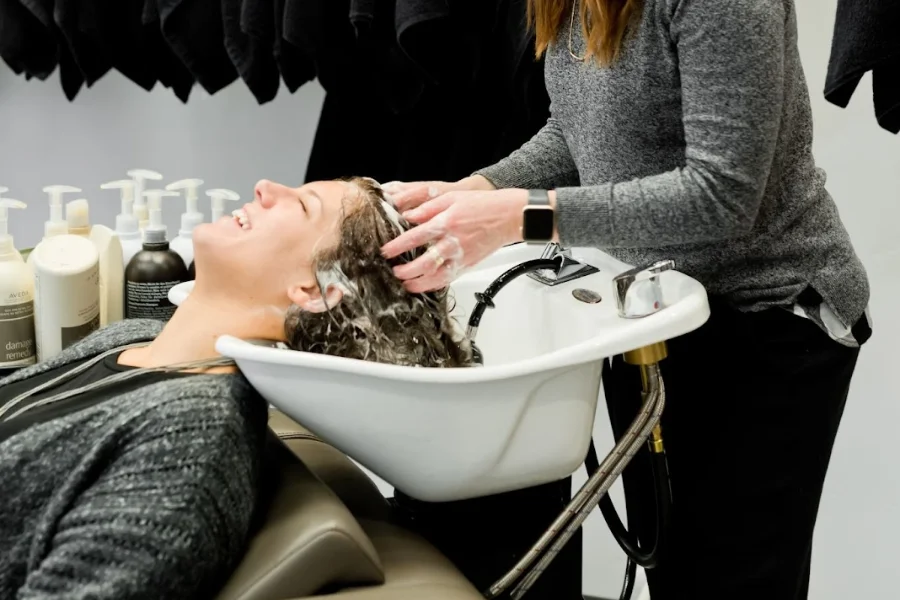
Many brands are providing high-quality, easy-to-use products with high-performing actives to assist consumers in taming their curly hair at home. Vernon Francois, for example, offers salon-grade hair care products designed specifically for curly hair and also has an online learning platform that provides styling tips.
As many consumers have previously voiced their displeasure about greasy, thick, and heavy formulations, Vernon Francois has responded by offering lightweight formulas that boost the bounciness of hair without wearing it down. One of the most popular lightweight items from the brand is its non-sticky, spray-on, leave-in conditioner with amino acids.
Thanks to its proprietary formulations and easy-to-use products, Vernon Francois is making waves in the industry. Their hairsprays, for example, use innovative spray technology to distribute the product into the hair for easy, even application. They also do not believe in the one-size-fits-all approach, so they cater to a wide range of customers with diverse products.
Key focus points
Representation is important, and brands should ensure that diverse representation is present at all stages of product development, from product testing to advertising. Thus, it is essential to collaborate and co-create with the target group.
Curly hair is not uniform, so brands should cater to individual needs by taking hair density, diameter, porosity, and pattern into account when developing product formulations.
All-natural ingredients are in high demand in curly hair care. However, due to supply chain issues and the impending climate crisis, lab-grown alternatives are a good option.
Safety and clean formulas are a top priority for many. Brands should incorporate active ingredients that nourish and protect the hair and validate all claims with clinical and consumer testing.
